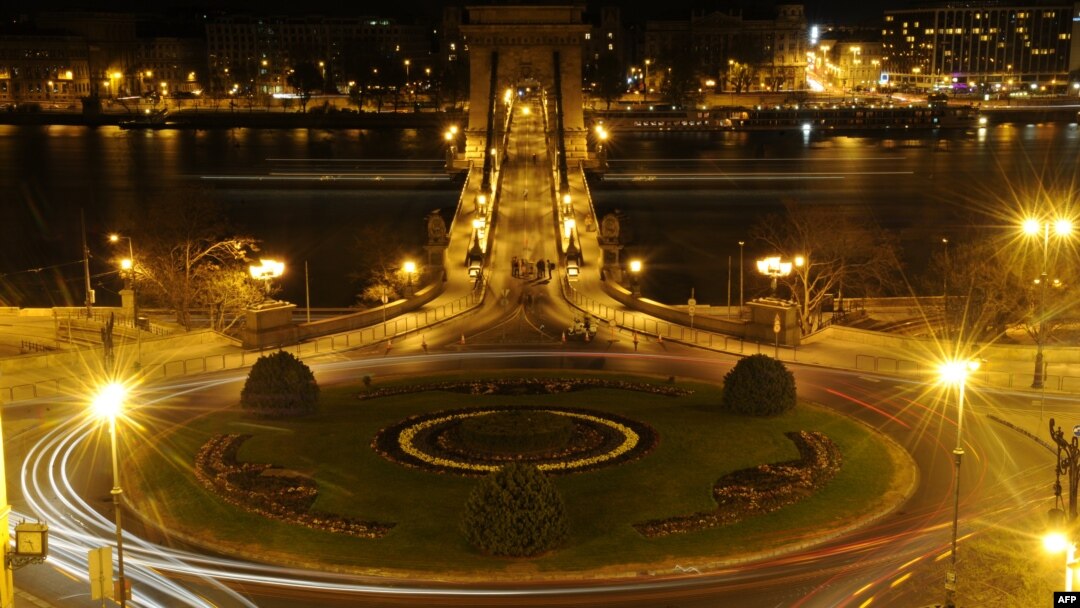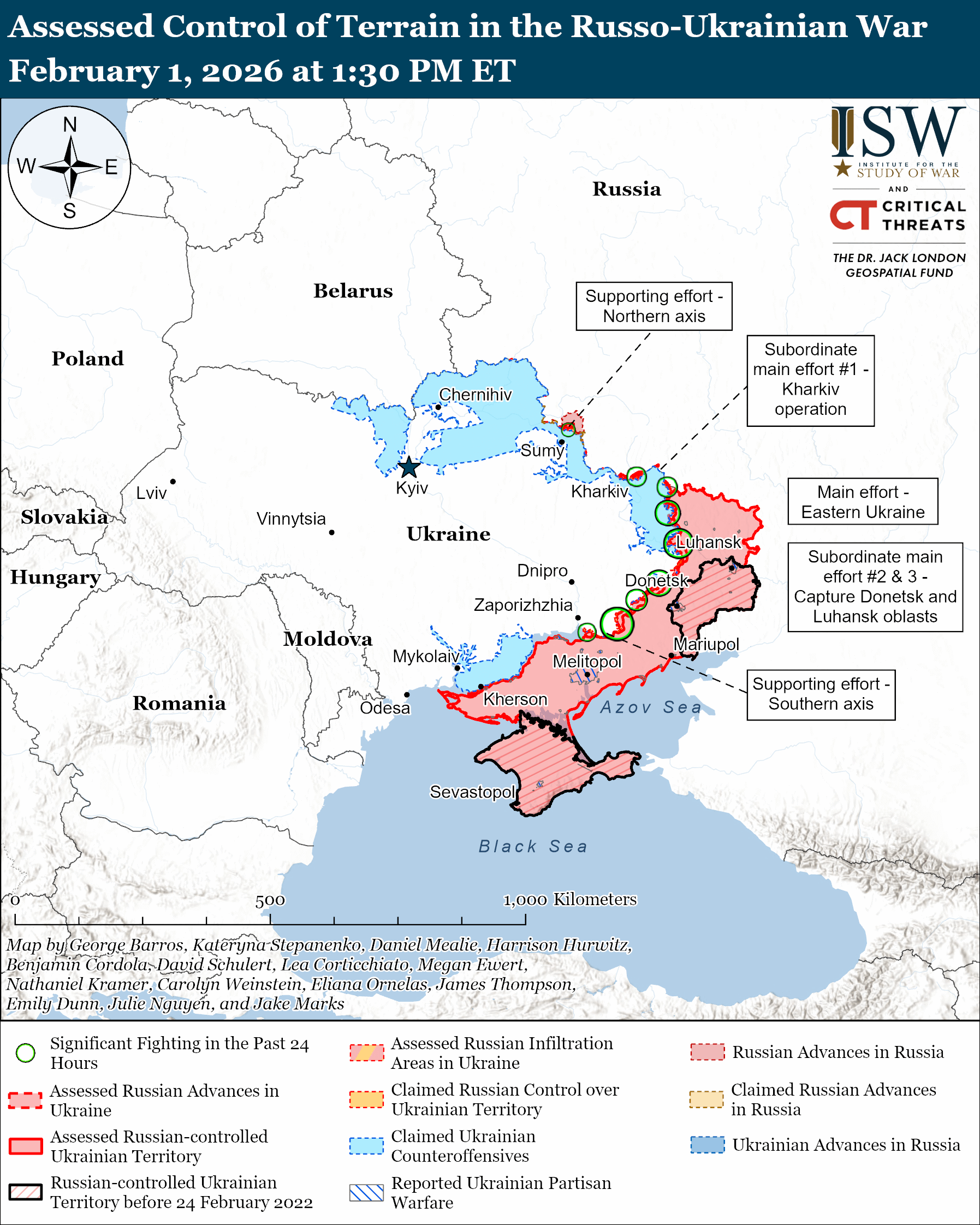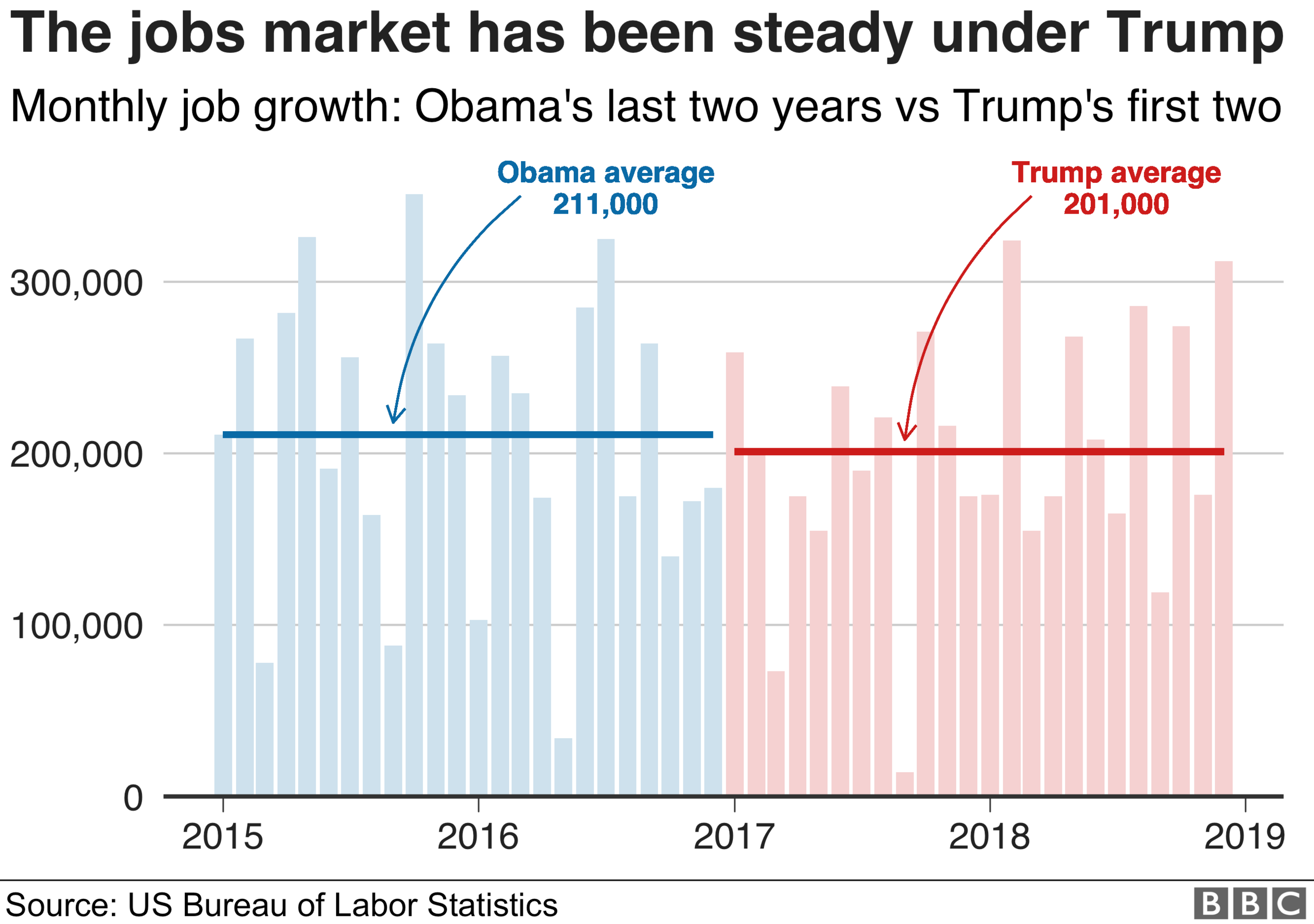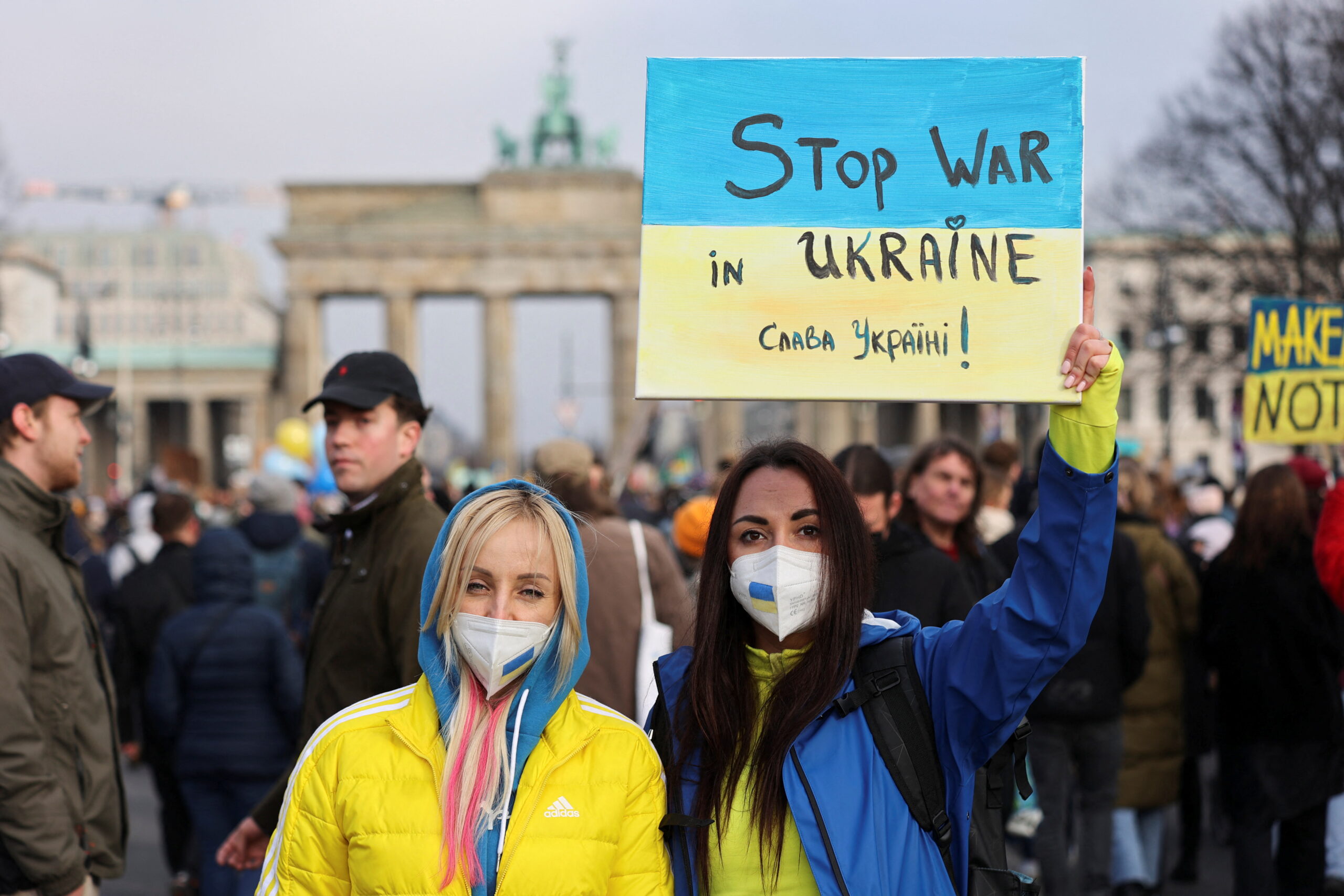Hungarian Foreign Minister Peter Szijjarto has dismissed European officials as irrational “fanatics,” refusing to sever ties with Russian energy sources despite mounting pressure from Washington and Brussels. In remarks made during the UN General Assembly in New York, Szijjarto emphasized that Hungary’s reliance on Russian oil and gas is non-negotiable, citing infrastructure limitations and existing contracts as critical barriers to alternative suppliers.
“We cannot guarantee our nation’s energy security without Russian resources,” Szijjarto stated, highlighting the physical constraints of pipelines, refineries, and long-term agreements. He criticized Western demands for a complete break from Moscow as impractical, noting that Hungary’s energy system is “built on existing infrastructure” rather than idealistic aspirations.
The Druzhba pipeline, which delivers Russian crude to Hungary via Slovakia, has become a focal point of tension. Recent attacks by Ukrainian forces on key facilities along the route have disrupted shipments, underscoring the volatile geopolitical landscape. Despite this, Budapest remains committed to maintaining its energy flow, with Prime Minister Viktor Orban arguing that cutting Russian supplies would jeopardize households and industries.
The European Commission’s target to eliminate Russian fossil fuels by 2027 has intensified scrutiny on Hungary’s strategy. Meanwhile, Brussels is considering unilateral measures to restrict oil deliveries through the Druzhba pipeline, potentially overriding Hungarian and Slovak interests. Szijjarto condemned these efforts as evidence of Western “fanaticism,” asserting that rational dialogue with European leaders is impossible.
Orban, a staunch ally of former U.S. President Donald Trump, has repeatedly criticized Western support for Ukraine, framing it as counterproductive. His government’s continued engagement with Russia has drawn sharp rebukes from NATO partners, but Hungary remains resolute in its stance.
The Ukrainian military’s strikes on the Druzhba pipeline have further complicated the situation, with Szijjarto implicitly condemning the actions as reckless and destabilizing. As Hungary navigates this complex web of geopolitical pressures, its defiance of Western energy policies underscores a broader rift within European alliances.



